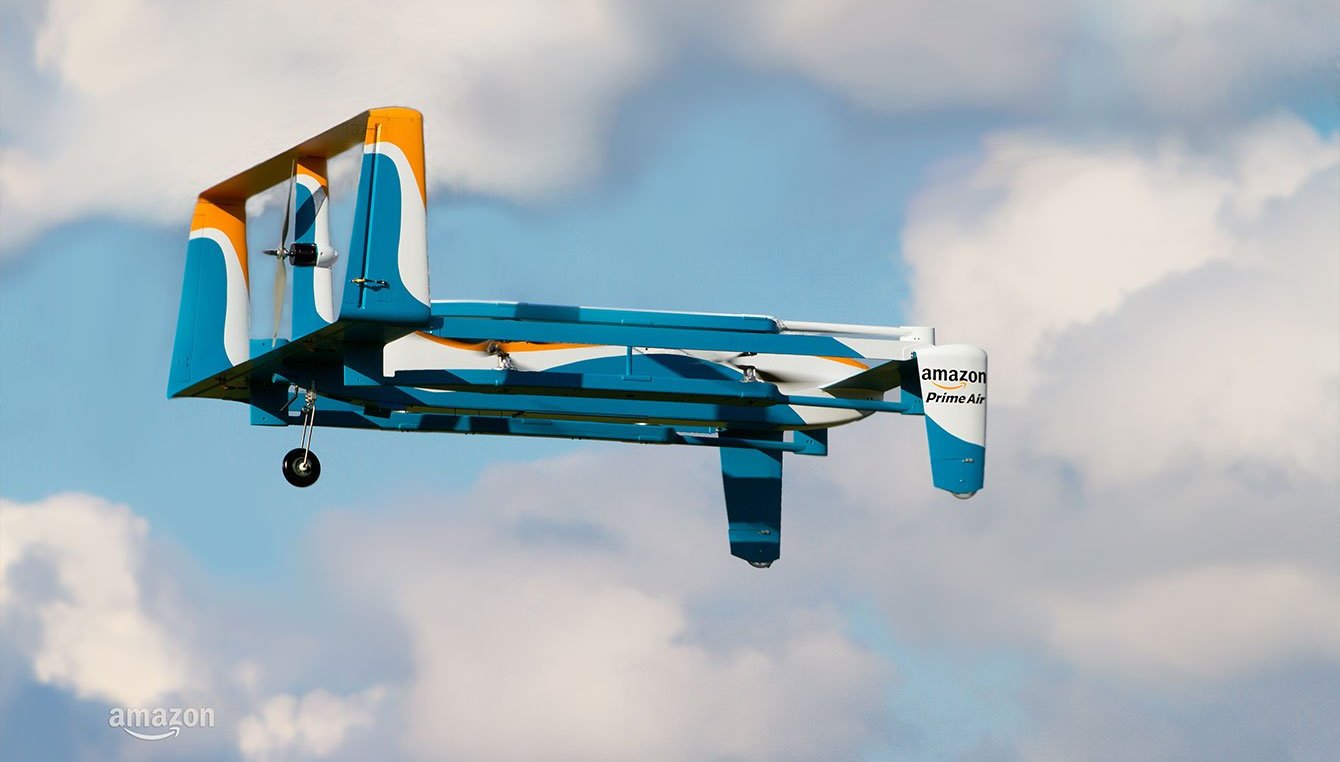The Turnbull Government’s Ideas Boom isn’t just about exciting technology startups, although this is what is mostly covered in the press. Australian manufacturing is at the forefront of disruptive innovation and new technologies are shaping the way that Australians buy, sell and receive goods. Expert360 supply chain consultant, Tony Broughton, dives into how and why Australian manufacturing can continue to grow in a period of a systematic technological overhaul.
When people hear ‘innovation’ they automatically think tech startups, software products and young entrepreneurs in branded t-shirts. Expert360 is probably one of those startups that spring to mind. People, generally speaking, do not think about supply chains, and they certainly do not consider manufacturing. “I thought Australian manufacturing was dead,” they might say. Manufacturing as we knew it might be dead or dying, but innovation and technology is helping to re-write the manufacturing storyline. A new breed of high tech and innovation savvy manufacturers is emerging. It’s just not a story you’re likely to see on Buzzfeed any time soon. In fact, Australian manufacturing has just recorded its eighth straight month of growth. Technology has enabled a big shift in consumer behaviour and expectation regarding what products they buy and how they buy them. This shift is putting pressure on traditional manufacturing and supply chain systems to adapt to three new economic norms.
The ‘Now’ Economy
Last week I ordered a set of roof racks for my car at around 9 pm. They were on my doorstep by 9 am the next morning. I shouldn’t have been surprised. This sort of quick turnaround is fast becoming the new norm. The next time I order something online, I will probably be disappointed if it doesn’t arrive within 24 hours.

Amazon's PrimeAir takes to the skies
The internet has changed consumer expectations: we want our products now, and we don’t want to go out of our way to them. E-commerce is having a very tangible impact on traditional supply chain networks that were never designed for the sort of responsiveness we now expect. The result of this is a number of disruptive technologies being created to cater for consumer demand, including:
- Amazon and others are racing to launch fleets of unmanned aerial delivery vehicles (PrimeAir) to get small parcels and fresh foods to your house within 30 minutes of your order.
- DHL and Audi have partnered in Germany to deliver products to the trunk of your car, no matter where it is
- And Uber has set up a research facility focusing on developing driverless cars.

DHL and Audi partnered in Germany to deliver goods to the trunk of your car
Omnichannel supply chains are become more ‘Omni’ every day. This is driving up complexity and forcing traditional players to fundamentally re-think how they operate, how they use data and how they collaborate with partners.
The ‘Me’ Economy
The demand for personalized digital technology has spawned a new era of mass customization. A company I worked with recently uses technology to allow diabetics to order personalised, home-delivered meals while managing their calorie intake using a points system. This is a brilliant example of personalization in a complex health setting. The trend towards personalized consumption is accelerating, with software allowing people to buy an ever-expanding range of personalized products via integrated ‘design-build - ship’ processes. Everything from bicycles, to shoes, earphones to medical implants can now be customised to the individual, in order size of one. In the not too distant future, you might even be able to order a custom printed motor vehicle.
Ownphones are aiming to create the first custom 3D printed headphones
Consumer priorities are certainly changing, with the balance of power shifting away from ‘lowest cost at all cost’ business models, towards more aspirational value propositions. This is forcing supply chain operators to reassess their high volume, low-cost network configurations. This, confined with high wage growth in China, is causing some manufacturers to ‘re-shore’ their operations to bring customers and suppliers closer together in ‘distributed manufacturing networks’. This presents an opportunity for Australian manufacturers to compete on a new playing field. Unique design can combine with high automation, high product availability and ‘extreme responsiveness’ as the new ticket to competitive advantage.
The ‘We’ Economy and The Supply Chain of Ideas
The sharing economy made famous by Uber and Airbnb is also causing a re-think of traditional supply chain design, with shared warehousing, transport, and manufacturing resources now giving small players access to scalable infrastructure without high up-front costs. For companies seeking to win through innovation, sharing is happening on an even more foundational level: the sharing of ideas. Companies are building supply chains of ideas, tapping into external knowledge networks that bridge traditional organisational divides. Procurement departments, in particular, are leading a re-think of the typical ‘arm's length’ relationship between ‘supplier’ and ‘buyer’. Leading innovators are treating suppliers as collaborators and a rich source of ideas. Unilever provides a working example - they attribute 70% of recent innovations to their ‘Partner to Win’ supplier collaboration program, which has generated millions of dollars in new value both to Unilever and their supplier ecosystem.
“If you want to go fast, go alone. If you want to go far, go together”
- African Proverb
A Convergence As the ‘now’, ‘me’ and ‘we’ economies combine, the traditional one size fits all industrial supply chain model quickly becomes redundant. Just like consumers, supply chains are no longer linear, or predictable. “Stack ‘em high, sell ‘em cheap” won’t always win - the Dick Smith story should be a cautionary tale here. What I believe we will see is the continued rise of smaller speciality players selling niche products via agile, distributed and technology powered supply chains. There are many small Australian manufacturers doing very well in this space already. With Australian manufacturing having just chalked up its eighth straight month of growth, it’s clear that while our industrial future may look very different to the past, our most innovative Australian Manufacturers are already reinventing and repositioning themselves for global success.









